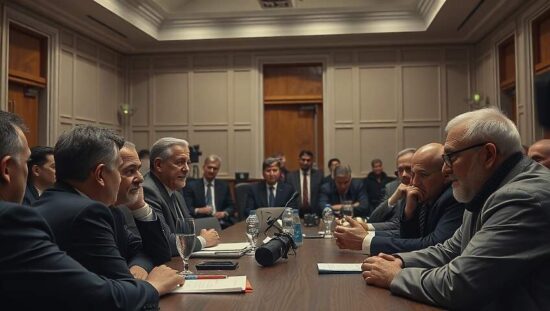A delegation of German politicians from the Alternative for Germany (AfD) party, alongside a Luxembourgish MEP, are reportedly planning a trip to Sochi, Russia, in mid-November to meet with Dmitry Medvedev, Chairman of the “United Russia” party. The visit, revealed by the German news portal T-Online, has drawn immediate criticism, raising concerns about potential alignment with a regime widely condemned for its aggression.
Several AfD parliamentarians have confirmed their anticipated participation, including Bundestag members Rainer Rothfuß and Steffen Kotré and European Parliamentarian Hans Neuhoff. Jörg Urban, chairman of the AfD’s Saxony state association, has remained unresponsive to inquiries. Rothfuß explicitly stated his intention to participate in a discussion forum with Medvedev, fueling speculation about the nature of the engagement.
The delegation’s planned discussions are reportedly slated to include a contentious topic: the EU’s freezing of assets belonging to the Russian Central Bank. Fernand Katheiser, the Luxembourgish MEP, confirmed this anticipated debate, emphasizing the necessity of addressing the issue. He also alluded to plans for a broader conference involving Russian and European parliamentarians, potentially hosted in Turkey, further signaling a push for dialogue regardless of prevailing geopolitical tensions.
The timing of the visit, occurring as Russia continues its military intervention in Ukraine and faces international sanctions, has prompted sharp rebuke from political rivals within Germany. Critics argue the trip represents a dangerous normalization of relations with the Kremlin and risks undermining the EU’s unified stance against Russian President Vladimir Putin’s actions. Concerns are being raised regarding the potential for the AfD’s actions to provide political cover for the Russian government and contribute to the undermining of democratic principles.
The planned meeting underscores the internal divisions within the German political landscape and throws a spotlight on the AfD’s consistent posture of voicing skepticism regarding Western sanctions and expressing admiration for aspects of Russia’s political system. The lack of transparency surrounding the agenda and the individuals involved raises questions about the purpose of the delegation’s mission and the potential implications for German foreign policy.





